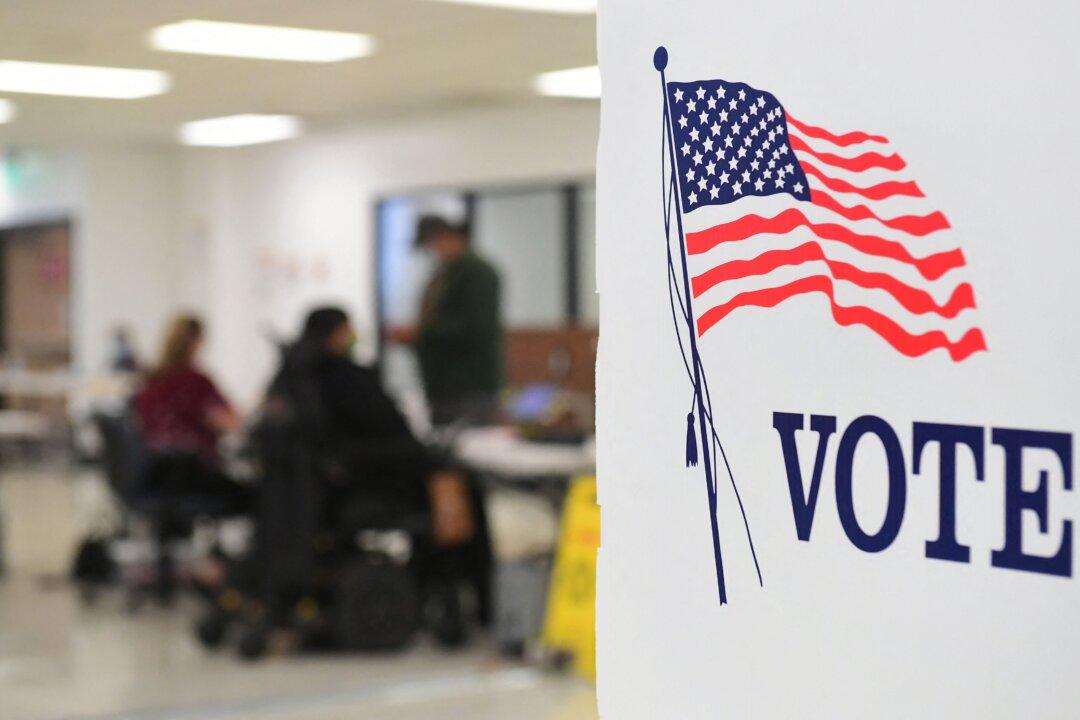With voters in Huntington Beach, California, set to decide on March 5 whether U.S. citizenship and showing identification should be required to cast a ballot in the city, a newly introduced bill would overrule any local laws that require an ID to vote.
Senate Bill 1174, introduced by state Sen. Dave Min, would prevent local governments from enforcing or enacting regulations requiring voters to present identification at polling locations. If passed, the measure would apply statewide, encompassing all municipalities, including California’s 108 charter cities—which differ from the other 370 cities across the state by following charter laws to govern municipal affairs instead of state law.





